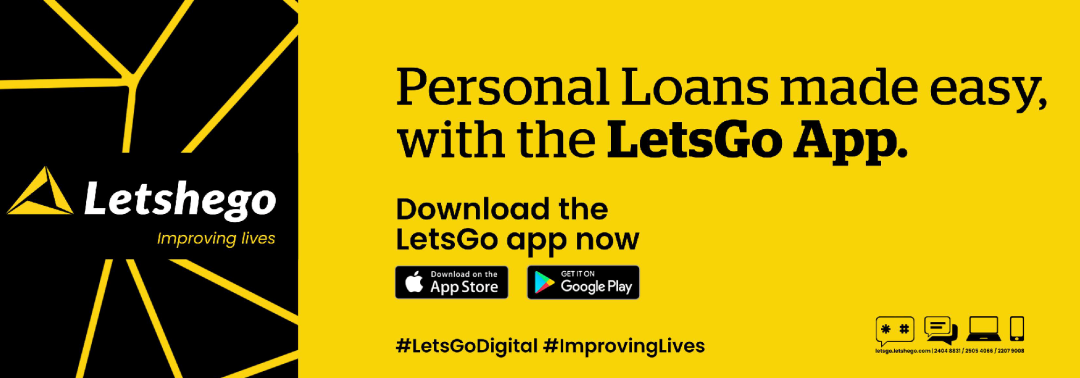
Integrating digital technologies into Eswatini’s micro, small, and medium enterprises (MSMEs) is no longer optional but essential for their survival and growth.
This was the key message delivered by FinMark Trust CEO, Brendan Pearce, during the Blended FinScope Eswatini MSME Survey 2023 presentation, which highlighted the opportunities and challenges facing the sector.
“We shouldn’t overlook the opportunity that digitalization presents for MSMEs in Eswatini,” he said. “It plays an important role in supporting the sector by developing digital ecosystems where consumers can interact and transact with small businesses.”
One of the key benefits of digitalization, according to Pearce, is its potential to connect MSMEs with broader markets. Many small businesses in Eswatini struggle with limited market access, often confined to their local communities. However, digital platforms—ranging from social media marketplaces to e-commerce websites—offer MSMEs the ability to reach new customers both domestically and internationally.
“Digital tools lower the barriers to entry for MSMEs,” Pearce noted. “A small business in a rural area can now sell its products online, receive digital payments, and manage orders efficiently. This is a significant step toward business sustainability and expansion.”
Beyond market access, digital solutions also help reduce operational costs. Traditional cash-based businesses often face challenges such as theft risks, inefficient record-keeping, and high transaction costs. Digital payment solutions, such as mobile money and online banking, provide a safer and more convenient alternative.
A major challenge for Eswatini’s MSMEs has been their limited access to formal credit. Many small businesses operate informally and lack proper financial records, making it difficult for them to secure loans from banks and financial institutions. Pearce pointed out that digital transformation can help address this issue by providing MSMEs with a documented financial history.
“Small businesses that digitalize their invoices and payments automatically build a financial record that they can present to financial institutions,” he explained. “This helps create a credit profile, making it easier for them to access loans and grow their businesses.”
His remarks were echoed by Henrik Franklin, UNDP Resident Representative, who stressed the importance of financial innovation and digital solutions for MSMEs.
“It is essential that both bank and non-bank financial institutions are encouraged and enabled to develop innovative financial products and services tailored to the needs of MSMEs,” Franklin stated.

“This includes the tabling of digital solutions for MSMEs. By fostering a supportive regulatory environment and promoting public-private partnerships, a more inclusive financial ecosystem can be established that empowers MSMEs to thrive.”
This is particularly crucial in an environment where many MSMEs remain excluded from traditional banking services due to a lack of collateral or formal registration. Digital transaction histories can serve as an alternative form of credit assessment, unlocking new financing opportunities.






